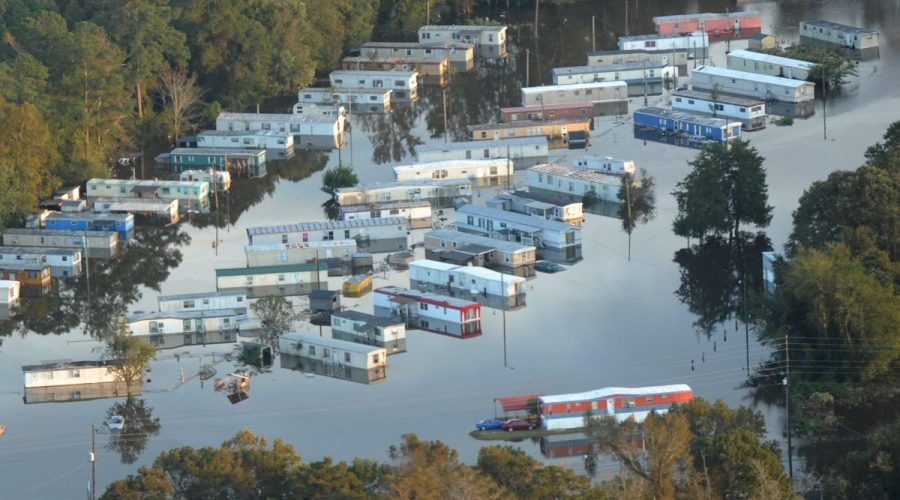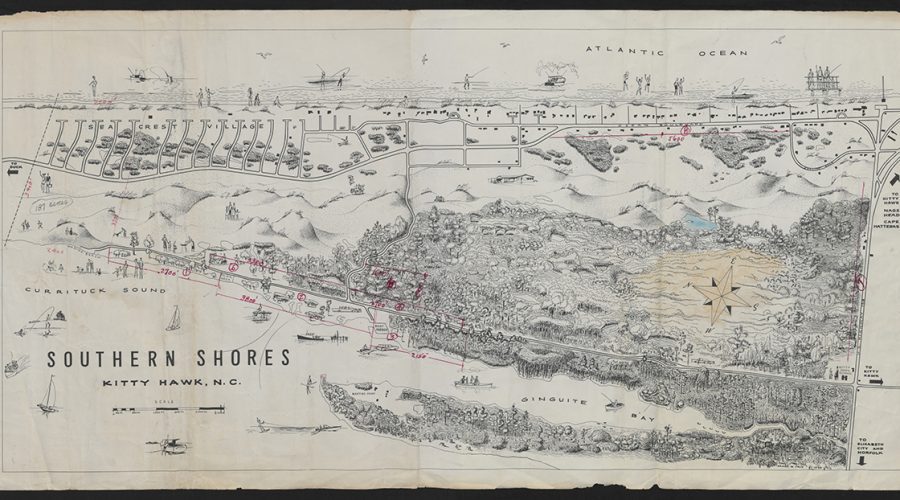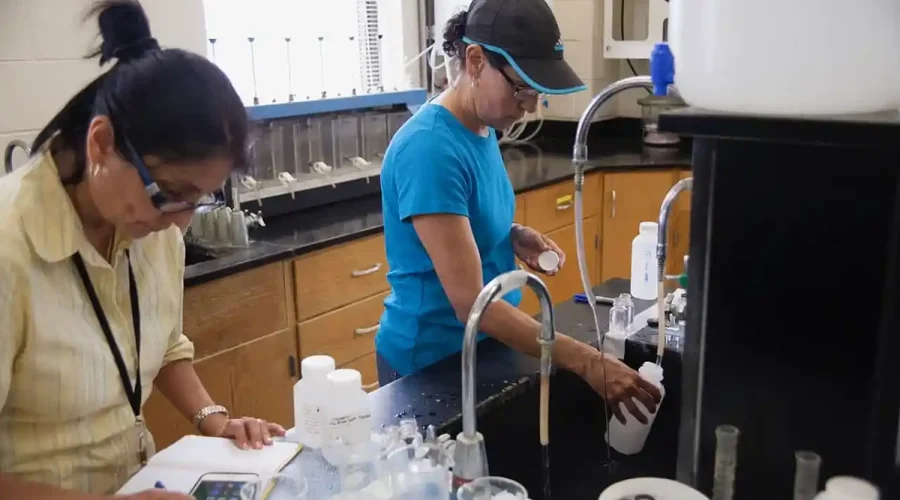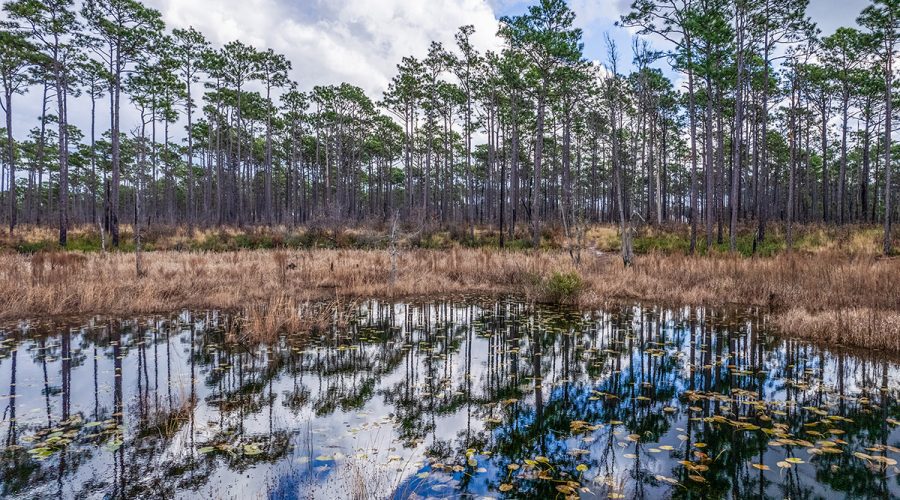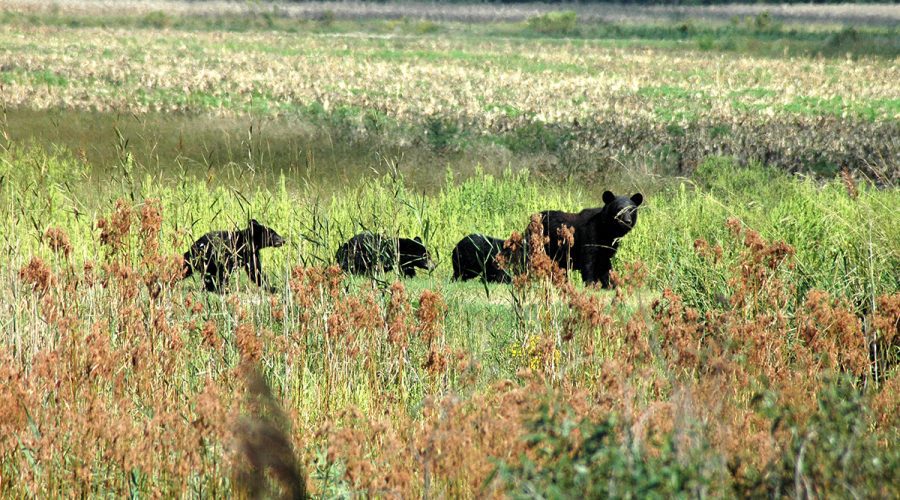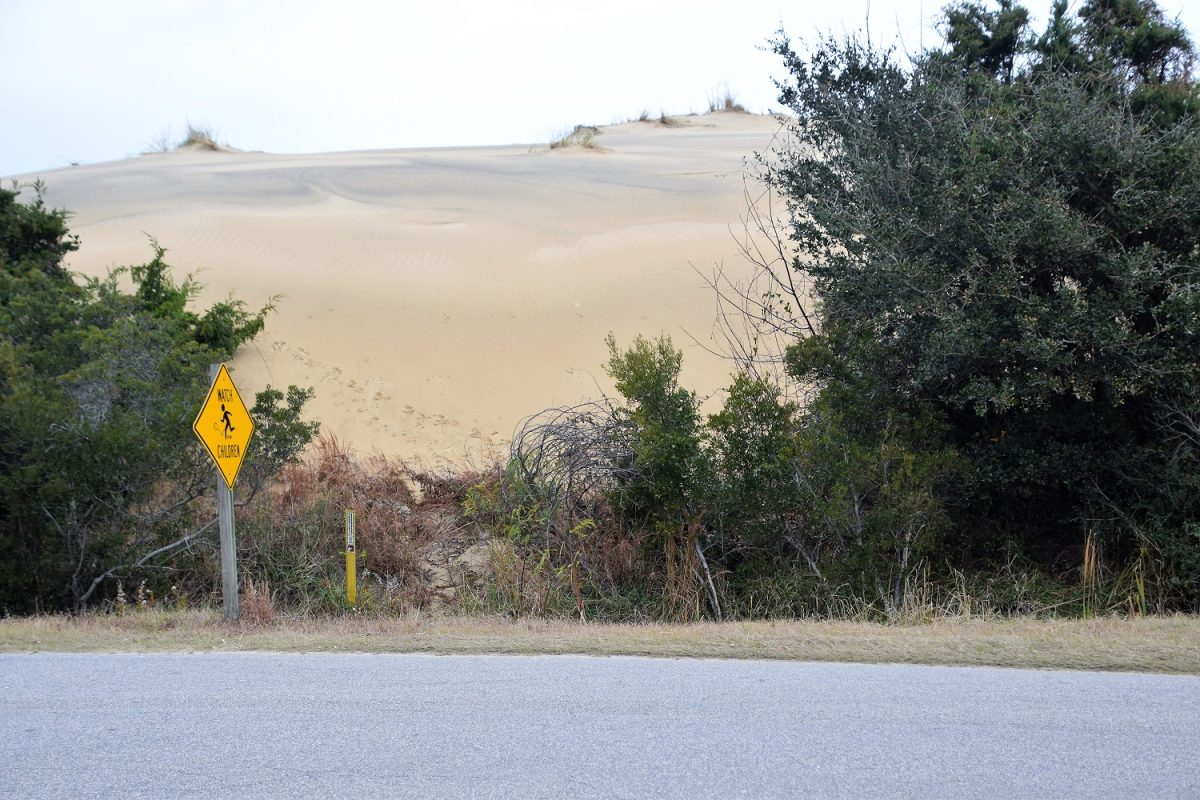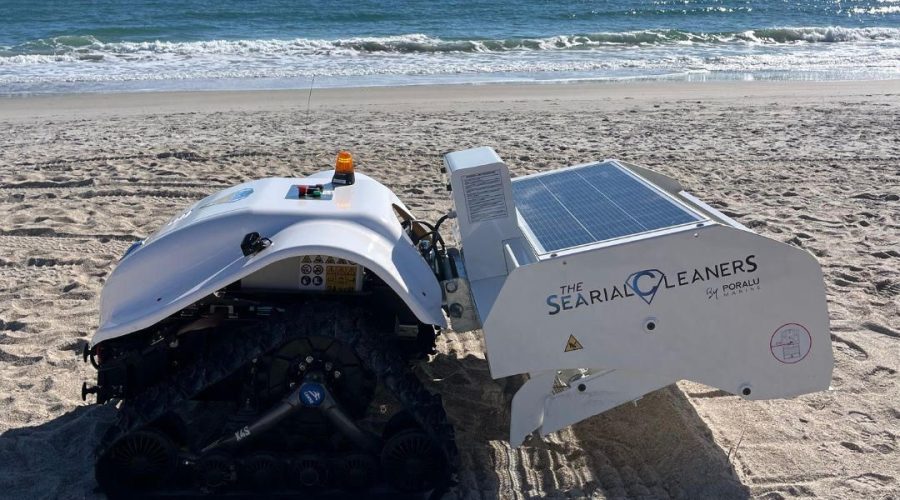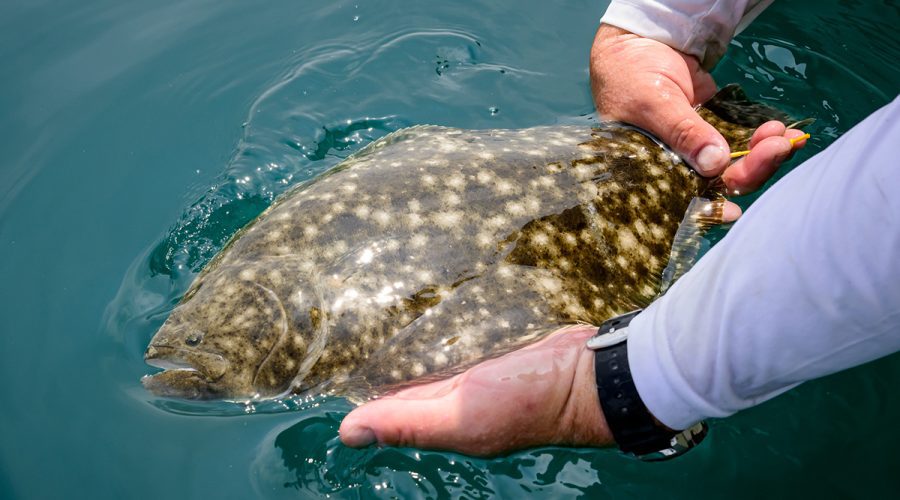The team of researchers received a nearly $1 million grant to study over the next two years sand movement under different conditions to better understand storm surge.
Featured
Amid losses, wood pellet company Enviva at risk of default
The company with a significant economic and environmental footprint in North Carolina is facing “substantial doubt” about its ability to stay in business.
Ancestral odyssey: A Beautiful MLK Day in Piney Grove
Historian David Cecelski recounts spending the Martin Luther King Jr. holiday in Piney Grove with descendants of Caesar Evans, who escaped from slavery during the Civil War, fought in the Union army, and later bought 228 acres in central Brunswick County.
Officials testify before legislative panel on flood blueprint
Department of Environmental Quality Secretary Elizabeth Biser was called before a hurricane response committee this week to explain the agency’s progress and use of state funding on a flood resilience tool for decision-makers and the public.
In ’76, oilman Walter Davis made a bet on the Outer Banks
He grew up on a soybean farm near Elizabeth City and his billion-dollar empire included for a time Southern Shores in Dare County, a different sort of asset that paid off.
Exposure study evolves to measure PFAS’ long-term effects
Researcher Jane Hoppin, who is leading a study of North Carolina residents exposed to per- and polyfluoroalkyl substances in their drinking water, says the ongoing work will help in understanding how these compounds affect human health over time.
Elizabeth City history traces back to early Colonial days
Elizabeth City’s roots can be traced back to the earliest days of the Colony and, though rural for centuries, is now a thriving college town.
Ecologist revamps NC’s natural communities guidebook
Michael Schafale with the North Carolina Natural Heritage Program provides detailed descriptions of the state’s 343 natural communities, including those on the coast.
Insurance Commissioner Causey, specialists visit Down East
State Insurance Commissioner Mike Causey and insurance industry officials joined an all-day community roundtable on Harkers Island Wednesday, encouraging coastal residents to be their own advocates.
Where war looks lost, Mother Nature fights climate change
Alligator River National Wildlife Refuge and other, nearby refuges and state lands especially vulnerable to climate change are getting $27.5 million from the Inflation Reduction Act for nature-based solutions.
Civilian Conservation Corps workers of Bell Island
Historian David Cecelski gives a glimpse of the North Carolina coast during the Great Depression from the perspective of the young men in Roosevelt’s Civilian Conservation Corps.
Emergency coastal rules draw little notice during hearings
Few turned out for hearings the Division of Coastal Management held in Dare, Carteret and Onslow counties for the temporary replacements for “critical” protections Codifier of Rules Ashley B. Snyder — Sen. Phil Berger’s daughter — stripped from the books last year.
BeBot beach sweeper sifts surface sands for small debris
Keep New Hanover Beautiful’s BeBot, the first and only solar- and battery-powered, robotic beach sweeper in the state, is to supplement human-led beach cleanups and raise awareness about smaller trash and plastics that tend to get overlooked on beaches.
‘Rich Lands of New River’: Town retains ‘postcard’ charm
Though references to Richlands can be found in the early Colonial period, the Onslow County community began to grow in the early 1900s when it gained a railroad connection.
Agencies acknowledge confusion fisheries conflict creates
Officials agree that the public is caught in the middle of inconsistent state fisheries regulations enacted by the state Wildlife Resources Commission and Marine Fisheries Commission for inland and coastal waters, respectively.
Dolan, Godfrey: Scientists proved Outer Banks are moving
Findings more than 50 years ago by coastal geologist Robert Dolan and husband-and-wife researchers Paul and Melinda Godfrey changed barrier island understanding and led the National Park Service to reverse longstanding policy.




